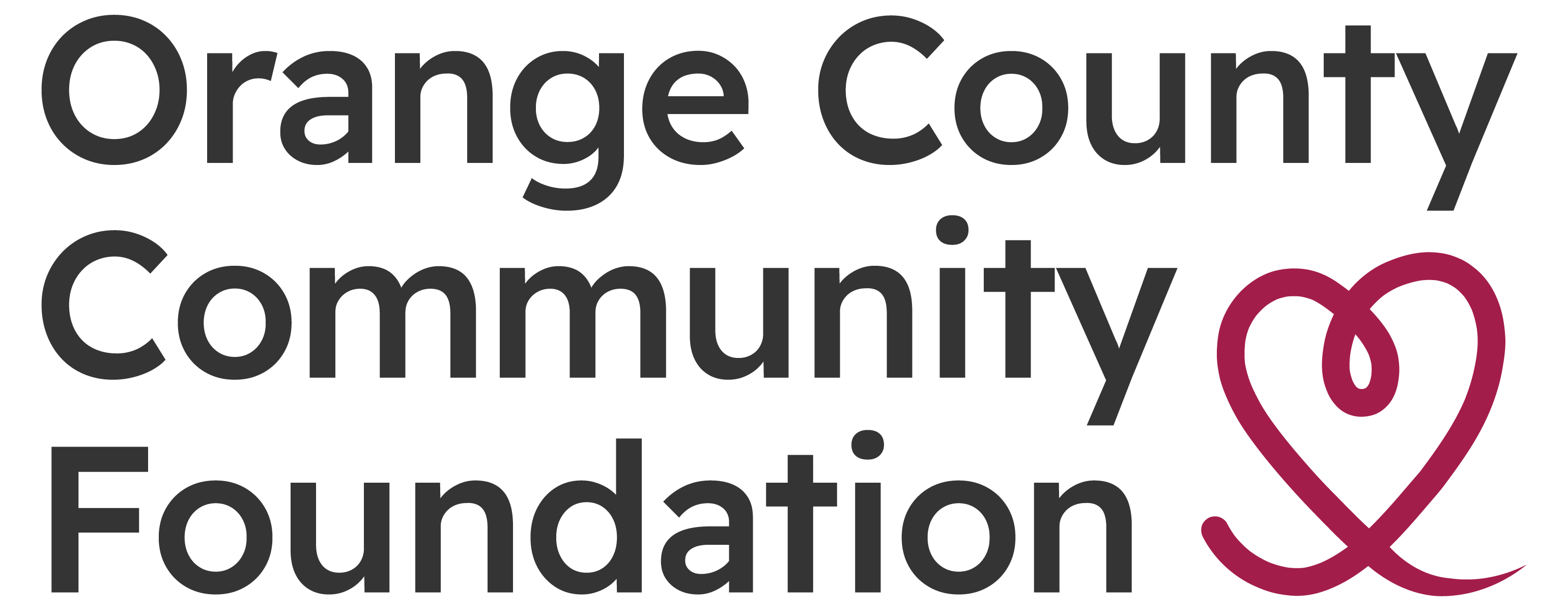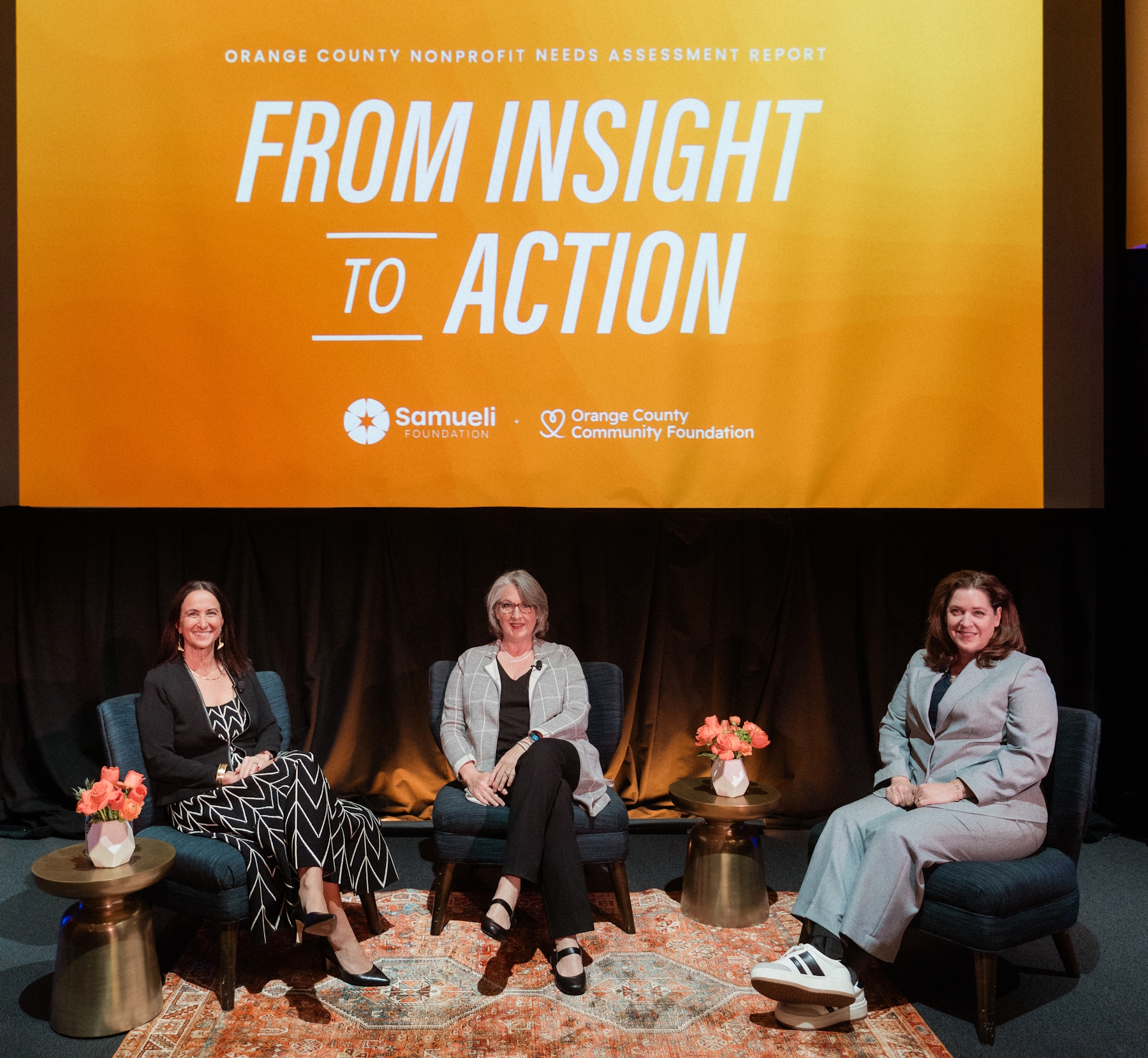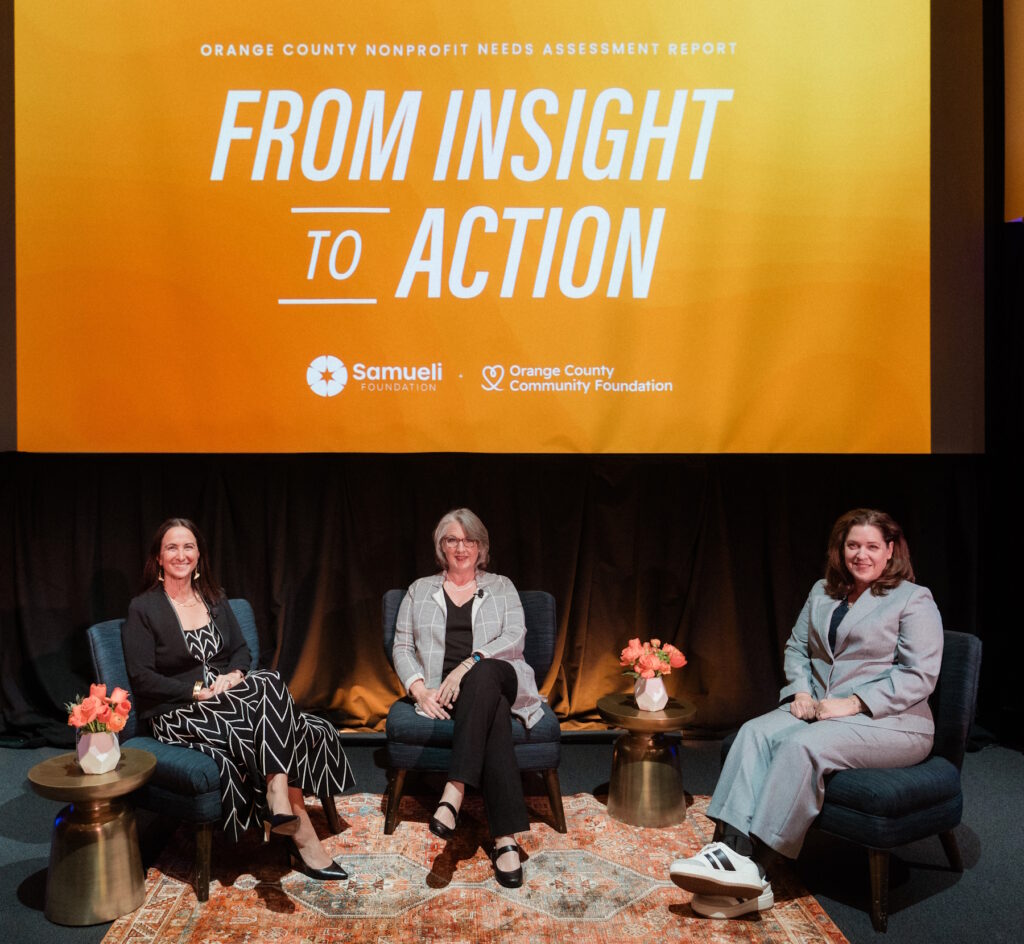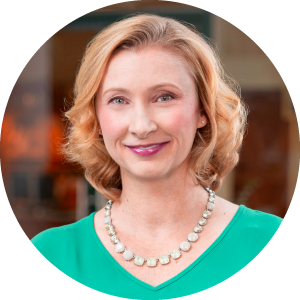LA Times / Daily Pilot
by Matt Szabo
Lindsey Spindle is entering her fourth year as president of the Samueli Family Philanthropies, but she drew on her early experience working on Capitol Hill at a Tuesday event highlighting the release of the Orange County Nonprofit Needs Assessment Report.
She remembered attending a meeting when a congressional appropriations committee was discussing healthcare funding. Hospitals, insurers and physicians all had lobbyists there. Patients weren’t in the room.
“Outside of this testimony, this hearing, there was a group of cancer patients holding signs saying, ‘Nothing about me without me,’” Spindle told the group of philanthropists and nonprofit leaders gathered at UC Irvine. “That is why we did this report the way we did it. It has to be about you as told by you, instead of people looking outside in.”
In partnership with Charitable Ventures and UCI, the Samueli Foundation and Orange County Community Foundation surveyed more than 600 county nonprofit leaders from about 400 organizations to issue the needs assessment report, which revealed obstacles that nonprofits typically encounter in their field. Thirteen focus groups and a town hall meeting also provided insight.
The main challenges uncovered included investing in staff and leadership, infrastructure and financial sustainability, collaboration and restrictive funding models.
The report itself had some alarming numbers to Spindle and other nonprofit leaders. At Tuesday’s event, she participated in a round-table discussion with Orange County Community Foundation chief executive Shelley Hoss and Anne Olin, the president and chief executive of Charitable Ventures.
Remarks from nonprofit leaders were played on a video screen as each topic was discussed.
Nonprofits are often cash-strapped. Per the report, nearly one in five, or 19% of those surveyed countywide said their nonprofit had no financial reserves, while 56% said they did not have access to credit or loans for financial stability.
“The fact that we are under-capitalized was not a shock,” said Hoss, who has nearly four decades in the nonprofit space. “The fact that one in five said they have no capital reserve, that’s a big problem. That number surprised me.”
